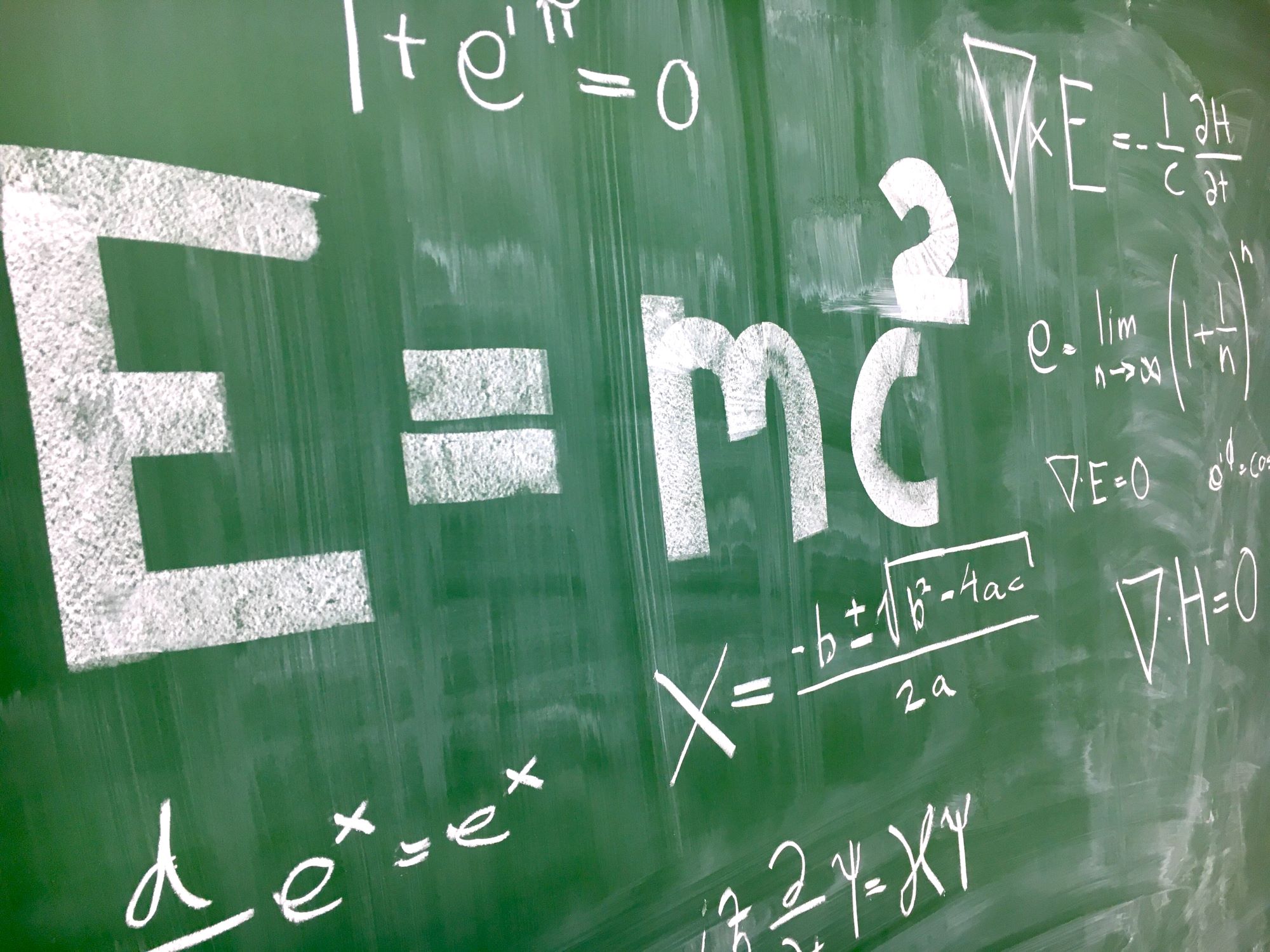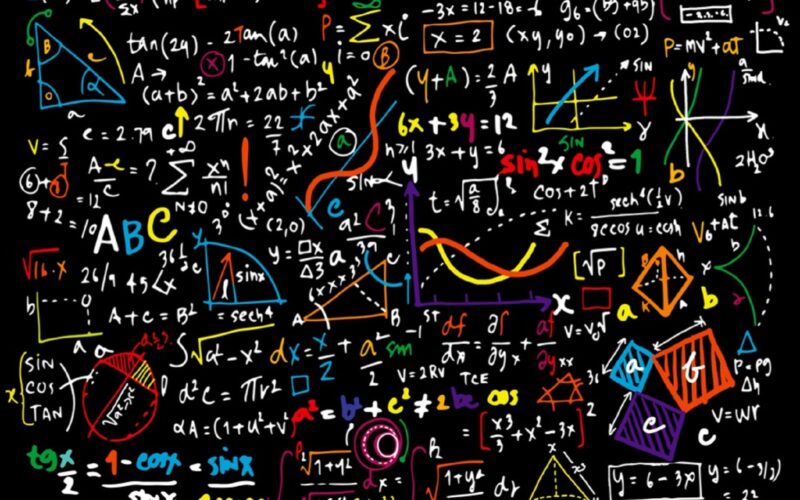Problem-solving in mathematical analysis can be a challenging yet rewarding endeavor for students and professionals alike. It requires a combination of critical thinking skills, logical reasoning, and a thorough understanding of mathematical concepts.
Approaching problems in mathematical analysis involves breaking down complex problems into smaller, more manageable parts, identifying patterns and relationships, and applying various problem-solving strategies to arrive at a solution. In this article, we will discuss some effective approaches to tackling problems in mathematical analysis and provide tips for enhancing your problem-solving skills in this field.
Understanding the problem
 In mathematical analysis, understanding the problem is essential for successful problem-solving.
In mathematical analysis, understanding the problem is essential for successful problem-solving.
It is crucial to break down the problem into its components, identify the key information, and determine the appropriate approach to finding a solution. By carefully analyzing the problem and considering various strategies, mathematicians can effectively apply their knowledge and skills to reach a resolution.
Developing a solid understanding of the problem not only helps in finding the correct solution but also enhances critical thinking and problem-solving abilities. Through practice and experience, mathematicians can improve their ability to approach problems methodically and confidently, leading to greater success in mathematical analysis.
Analyzing data and information

When approaching problem-solving in mathematical analysis, it is essential to carefully analyze the data and information available to formulate a comprehensive solution. By dissecting and interpreting the data at hand, one can identify patterns, relationships, and trends that will ultimately guide the problem-solving process.
Through this analysis, key insights can be gleaned that inform the decision-making process and lead to effective problem resolution. Moreover, by delving deep into the data and information, potential errors or inconsistencies can be identified and rectified, ensuring a more accurate and reliable solution.
This meticulous examination of data is crucial in mathematical analysis, as it paves the way for logical reasoning and informed decision making.
Developing a plan of attack
 When approaching problem-solving in mathematical analysis, it is essential to develop a well-thought-out plan of attack.
When approaching problem-solving in mathematical analysis, it is essential to develop a well-thought-out plan of attack.
Start by clearly defining the problem at hand and breaking it down into smaller, manageable components. Consider different strategies and techniques that may be applicable to solving the problem, such as using mathematical formulas, equations, or theorems.
Experiment with different approaches and be willing to try new methods if the initial plan is not yielding results. Dont be afraid to step back and reassess your approach if you hit a roadblock.
By staying organized and methodical in your problem-solving process, you can efficiently tackle even the most challenging mathematical analyses.
Conclusion
In conclusion, mastering problem-solving in mathematical analysis requires a systematic approach that involves understanding the concepts and techniques involved, breaking down complex problems into manageable steps, and consistently practicing to improve analytical skills. By approaching problems with a clear strategy and utilizing tools such as techniques for Verification of limits using the definition, students can build confidence in their mathematical abilities and become more adept at handling challenging mathematical problems. With dedication and perseverance, individuals can cultivate their problem-solving skills and excel in the field of mathematical analysis.


